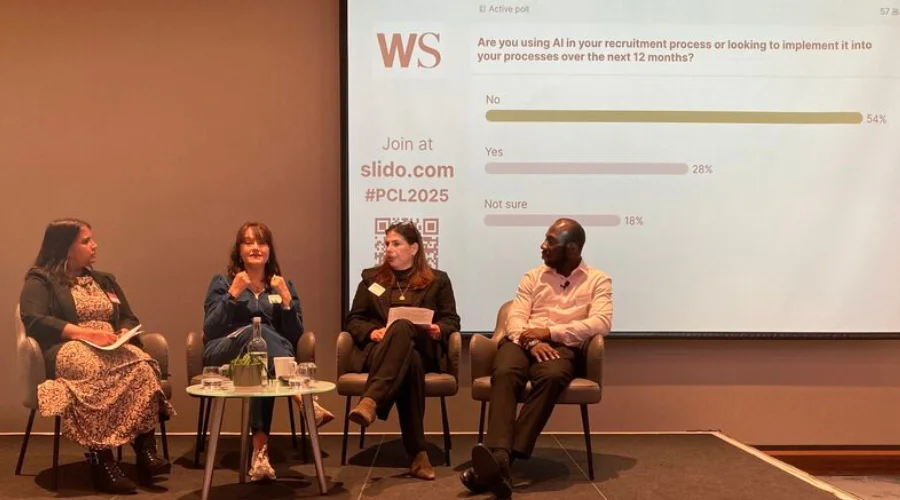
Quick CV Dropoff
Want to hear about the latest non-profit and public sector opportunities as soon as they become available? Upload your CV below and a member of our team will be in touch.

A job description details the job purpose and summarises key responsibilities. Typically, these include a person specification, a profile of your ideal new employee, including skills and experience required or ideal to have. It is an opportunity for you to showcase the role and the impact this person can make with your organisation.
Writing a detailed specification forces you to think about exactly what skills and experience are required for your role and the type of person you want for the team. Giving your recruitment consultant a comprehensive brief will allow them to work more effectively and quickly in finding you the perfect candidate.
Specifications also give candidates a better idea of exactly what you are looking for. This can help to weed out inappropriate applications from people who might be suitable on paper, but not actually that interested in the role. They also help to manage the expectations of successful new employees and to avoid situations where they feel they have been misled about the exact nature of the role.
You can use the specifications as a checklist for evaluating CVs and in interviews, which will save you preparation time and make sure you don't miss anything.
Writing specification can make you think about how your department works and provide you with an opportunity to shift responsibilities around to maximise efficiency.
Specifications are also useful after the vacancy has been filled, as they can help to assess a new recruit's performance and determine their future training needs.
Before beginning, we recommend designing your role to ensure the best use of resources and to improve staff attraction, retention, and wellbeing. The role design process fully defines what the job involves, including duties and responsibilities, how the job relates to the organisational structure; goals, principles and objectives, and what support, resources and training the employee will require and receive.
Be as specific as possible about the responsibilities of the job, including any deadlines for delivery and measurements of success.
Leave room for flexibility within the job specification and make it obvious if the role is likely to change or grow in the near future. This helps to avoid employees resenting taking on responsibilities not in their original job description.
Be careful with your wording, e.g., is a qualification really required or would someone who is Qualified by Experience (QBE) still be suitable?
Consider your essential requirements, are your essentials essential?
It is essential not to discriminate on grounds of gender, age, ethnicity, sexuality or health, so avoid any inappropriate requirements, e.g., "must have x years’ experience" or words such as "dynamic" or "mature".
Finally, please remember to work with your recruitment consultancy as efficiently possible. TPP Recruitment are experts in the non-profit and public sectors and can give you advice about how best to construct job and person specifications to fill a role, and on the salary and benefits you will need to offer to attract the best possible talent.
For more information, contact us on 020 7198 6000 or info@tpp.co.uk or visit our Resources & Support Hub.